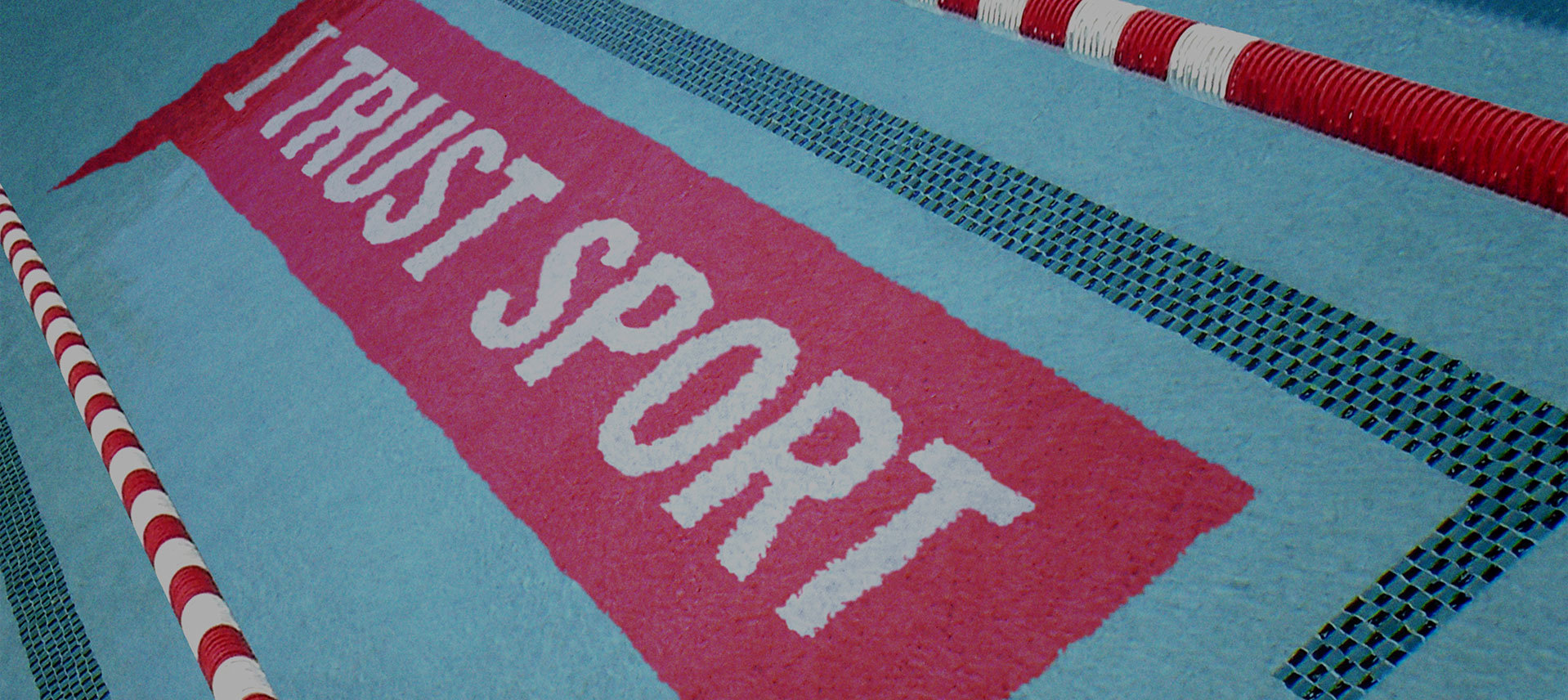Highly positive reviews of the Commonwealth Games – recognised as the best ever by the governing body – all cite the enthusiasm of the people of Glasgow as a crucial component of their success. Along with the millions who attended the Grand Départ of the Tour de France in Yorkshire early in July, these large crowds have demonstrated the value of efforts by event hosts to engage the local population.
According to data from Google Trends, Glasgow tops a list of five Scottish cities which racked up the most searches for “Commonwealth Games” from mid-June through to 2 August (in order: Glasgow, Edinburgh, Inverness, Aberdeen and Dundee). Cities from New Zealand, England and Australia occupy the next ten places in the list. Perhaps it is not surprising that the highest level of interest should be in Glasgow but the fact that relatively small cities in Scotland rank ahead of some much larger conurbations in other competing countries shows how important it is to capture the imagination locally. One of the curiosities of the Commonwealth Games is that competing countries outside the British Isles are mostly a long way away from Glasgow, limiting the opportunity to attract visitors.
By contrast, the majority of the cyclists in the Tour de France are from European countries. It might be expected that some of the biggest cities in Europe would generate the most interest for such an international event. In fact, the top four sources of searches over the relevant period this year were Leeds, Nancy, Sheffield, and Cambridge, all host cities and none of them with particularly large populations (Paris was down in ninth place). The big spike coinciding with the start of the race is evidence of the huge interest sparked by Le Tour in Yorkshire. Looking back to previous years, a peak in searches at the start of the race is typical but it was unusually prominent for Le Tour in 2014.
This may be only a small snapshot of relevant data but there are clear lessons for sports event organisers and rights-holders:
- In order to generate the large crowds and lively atmosphere that hosts want beamed across the world on television, it’s necessary to invest in building support for the event in the city and region (all credit to organisers in Leeds, Glasgow and elsewhere for their efforts)
- While driving international profile and in-bound tourism are often key objectives for hosting a major event, it is important to recognise that much of the interest will be local and to capitalise on that
- Pre-publicity is vital for generating early awareness and bookings but mass interest comes only when the competition gets underway
- The citizens of cities of moderate size may be easier to enthuse about major sports events compared to mega cities where there is more competition for attention
In short, if you have global ambitions for your event, focus on the local population first.

